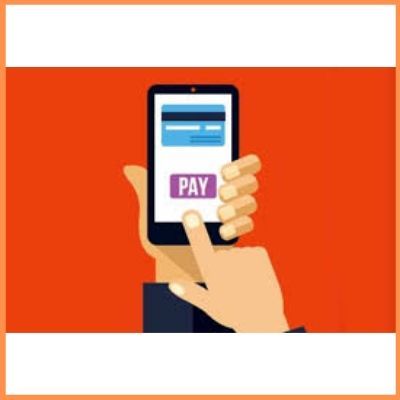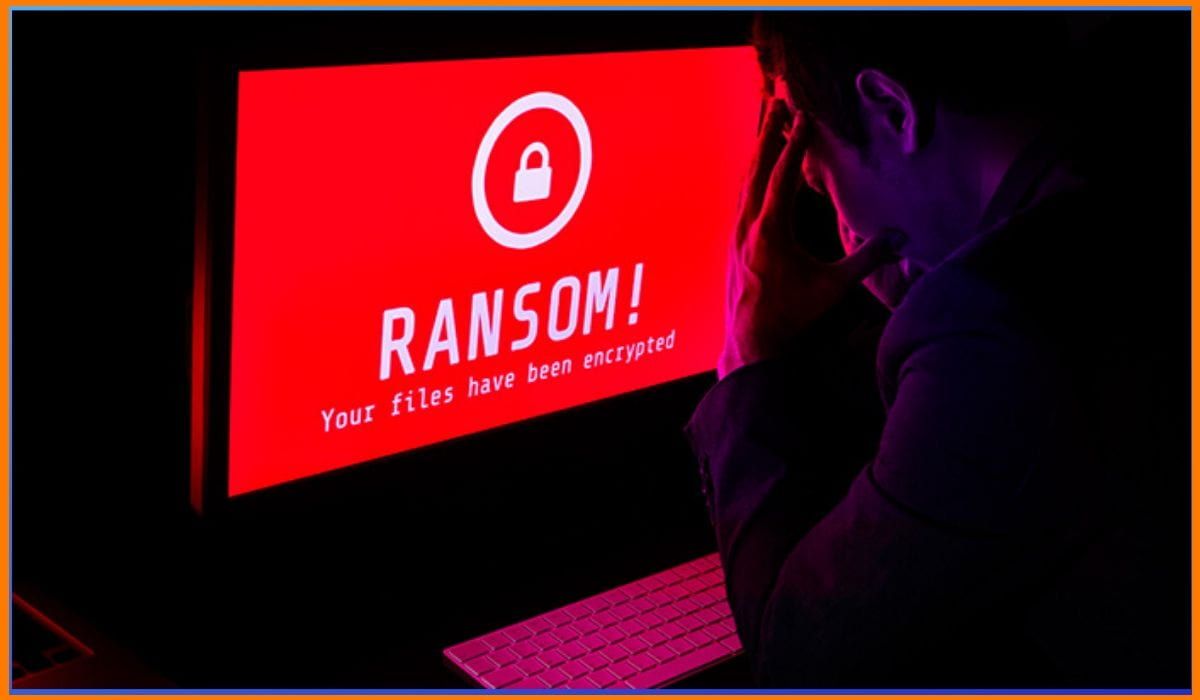Today almost every country in the world is under lockdown due to COVID-19 pandemic to contain the coronavirus outbreak. Small businesses, startups & entrepreneurs are wondering how to survive lockdown. On one hand, you want to keep the operations going as long as possible but on the other hand, the health of yourself and your workforce is the top priority. There are survival tips that must be followed to protect your company to avoid closure of business.
The business has surely been slow since the last few months and with the coronavirus pandemic rapidly spreading around the world, the economies are falling down drastically. Now, as over a Billion Indians are under lockdown due to the novel Coronavirus. It has created many hurdles for many established business, startups and their employees to survive in markets.
Humankind has never witnessed anything like this before. Companies are complaining about stranded supplies and non-uniform implementation of orders by law-enforcing authorities. In addition to this; the ever-changing government rules and notifications that are putting restrictions on transport, gatherings, etc.
Due to COVID-19, there is a huge cloud of uncertainty and darkness but as an entrepreneur needs to deal smartly with the circumstances and understand what can be done differently to get over this crisis. Many are looking for business survival tips in lockdown.
While people are locked inside their houses for safety concerns,many major companies have adopted new ways to operate like asking employees to work-from-home, safely shutting down facilities, etc. As the markets have witnessed record falls, it is more difficult for startups to survive in this situation. So here are some strategies to help startups survive during lockdown.
Be Open and Honest with your Customers
Right now we are all facing uncertainty, may it be self-employed, business owners, stay-at-home parents or working a full-time job. It is important to keep our relationship with existing clients alive. Empathize because they are as badly hit as we are. So be honest with your customers and tell them what actions your business is taking.
Experts say, company’s website must be designed well as many customers can visit it during lockdown. Adding an FAQ section to your website is the easiest way to give your customers the info they need. Consider creating a pipeline of business through digital outreach. It is necessary to connect with older customers.
Work from Home Efficiently
Working from home is not a new strategy anymore but how to work efficiently from home is the question before many employees. In almost all affected countries, the advice is to work from home if you possibly can. According to a research, 86% of people feel less stressed working remotely.
To work efficiently, employees need to use the right kind of tools. Thus, startups must ask their employees to use video conferencing tools like Zoom, Google Meet, Skype, Slack, etc. Apart from this, one must ask employees to maintain strict hygiene while working remotely also. One must ask teams to have regular communication to inform about progress and updates.
Manage the Expenses
At this point, the only thing startups should focus on is staying afloat and come out of this situation diligently. This can only be done by managing the expenses in a proper way. Question every expense, get rid of everything that is not important, re-negotiate agreements with suppliers, take a hard look at team costs, chase every single receivable, and do not sell without advances. In times like this, the single focus is to keep the business afloat at all costs, which may need founders to be very careful.
Find out what Help Government is offering
Many governments across the world, are just putting measures to fight COVID-19 but they are also rendering financial help to startups and SMEs to restore falling economy. For instance, the UK has announced plans to offer various grants, loan schemes, reduced business rates, and statutory sick pay relief for SMEs.
The US Government recently announced a $2 trillion relief package for its citizens and businesses, impacted by Covid-19 pandemic. New Zealand’s measures include wage subsidies for small businesses. So, it’s your responsibility as entrepreneur to keep yourself updated with any such help offered. It is advised to check your local city or state website to find out what steps officials are taking or what is available in your area.
Related: 9 Founders Shared their tips on Surviving Coronavirus Outbreak
Update your Google My Business page
If you haven’t got one yet, it is advisable to claim your Google My Business listing now. It’s free and it will help customers find your business online. If you already have Google My Business page, log in to your account and you’ll see a new option on the homepage called “Coronavirus (COVID-19) ” option that has been added recently.
By following the link, you will reach a page where one can make suggested changes to their business information. There one can update their business hours, adding extra services they are offering to customers or their local community or informing them about delays to normal service and so on.

Move your Sales to Online Shop
Now, selling your products one-to-one is impossible due to lockdown but selling online is still an option. Selling online has never been easier and now is the perfect time to start an online shop to earn extra revenue. Depending on your country, postal services and couriers might still be running, otherwise, lots of companies are starting to offer “doorstep deliveries.”
It is totally safe as the business owner drops the parcel on the doorstep and the customer collects it from there, so there’s no contact involved. This is also a great way to help the people in your community get the goods they need. This may help the operations keep going due to continuous cashflow.
Keep in touch with your Suppliers
Because of restrictions on transport and meetings, there might be interruptions in the supplies you need to make your products or do your job, depending on your line of work. Knowing this ahead of time and keeping track of inventory can help you prepare and set realistic expectations for your customers.
You can ask the suppliers or vendors how long it will take them to deliver the goods. If it’s going to take you longer to fulfil orders than usual, your customers will be more understanding if you let them know in advance.
Looking at the current scenario, stabilization of inventory and logistics may not be achieved immediately. But businesses should then turn their attention to pre-booking rail and air freight capacity and using after-sales stock ensuring continuity in their supply chain network.
Take Tough calls
According to experts, the need of the hour is to make a impartial analysis of the current state or position of your startup and take tough calls based on that even if it means merging your startup with another venture. Sooner or later, startups will come face to face with the reality-survive at any cost.
To take such calls, entrepreneurs would require support and help to think clearly. A few other options, that founders can explore, are holding on a favourite project or letting go of a resource that might be valuable but not affordable at this hour.
Have Patience
During this tough time, having patience until things restore back is really essential. For this, a team has a valuable role to play. A Team should be strength, motivating and bonding the team is important. A leader must share the situation so that the team can support and help. Sharing the problems can give hope and might find you a solution to deal with the situation.
Also Read: How Different Sectors will Resume their Operations after Lockdown?
Conclusion
Each new learning becomes a rule, and each failed attempt becomes new learning. In the matter of just a week, India went from a do-not-panic state to a state of complete lockdown. So during such testing times, there are several financial and legal aspects that all businesses should bear in mind to lower risks and cut down on their losses. By adopting the appropriate strategies, any business can survive this lockdown. And remember it is a matter of time!










